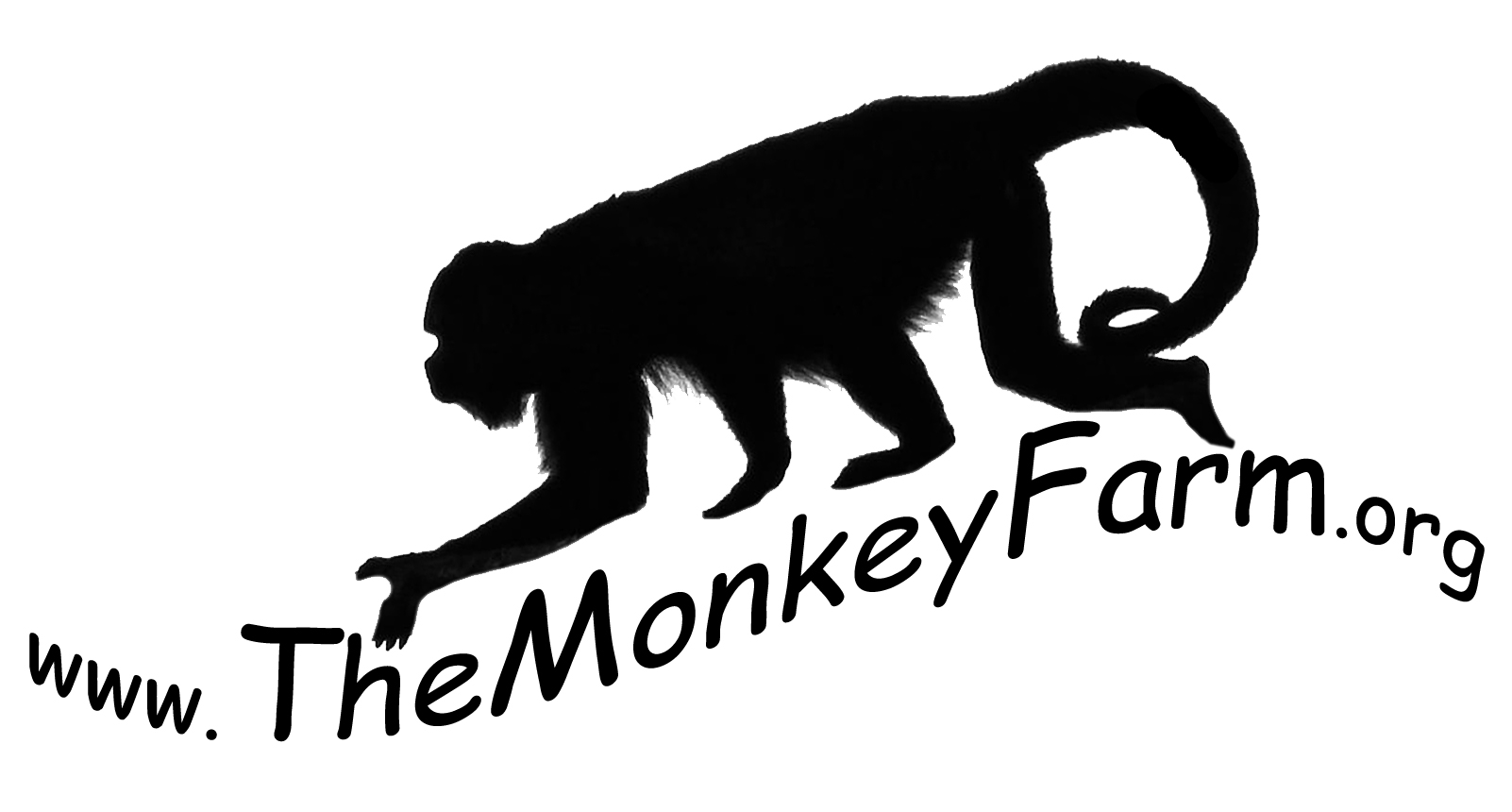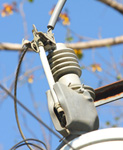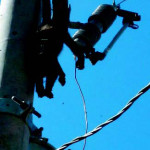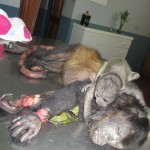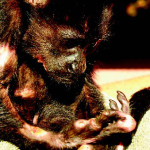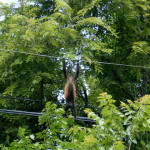Transformer Insulator Project
Please Help The Monkey Farm be part of the solution to stop monkey electrocutions everywhere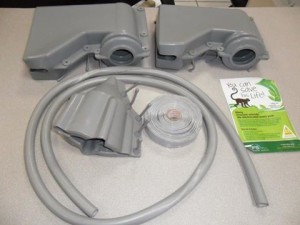 The Monkey Farm has taken on a huge project to help monkeys everywhere, not just the ones we rescue. The deadliest problem for monkeys and other arboreal wildlife in Costa Rica is uninsulated electrical power lines and transformers. These electrocutions cause a slow and excruciatingly painful death.
The Monkey Farm has taken on a huge project to help monkeys everywhere, not just the ones we rescue. The deadliest problem for monkeys and other arboreal wildlife in Costa Rica is uninsulated electrical power lines and transformers. These electrocutions cause a slow and excruciatingly painful death.
According to a 2007 study by biologist Ronald Sánchez of the University of Costa Rica, the country lost more than half its monkey population between 1995 and 2007. Sánchez estimated that spider monkey populations declined by 72 percent, squirrel and white-faced capuchin monkeys 43 percent each, and howler monkeys declined by 65 percent. Who knows how much more the monkey population has declined in the last eight years since the study has been done?
A large majority of these deaths are caused by electrocution caused by the uninsulated electrical grid in Costa Rica. Right now, the only transformer cover available in Costa Rica is being sold for $350 each. It is made out of silicone and is pictured above. Since there can easily be 10-20 transformers in a single square mile, it is very cost prohibitive to try to cover all the transformers to stop the electrocutions. The Costa Rican government can’t afford it, and it is very overwhelming for a private community to attempt to raise the money needed to pay for this very expensive cover.
At The Monkey Farm, we are searching to find or develop a more economical transformer cover preferably made out of recycled materials. We hope to use our people resources to find a far less expensive solution to be able to make the biggest impact on the lives of monkeys (and other wildlife) in Costa Rica.
We have just enlisted the help of a retired U.S. Air force engineer, who is happy to take on this “challenge” along with some former co-workers in the Air force. We have also secured the help of a new couple in this area. Kevin is the owner of an industrial supplies company and will be looking into having these covers produced inexpensively in China. Tammy has been in sales and marketing and will be assisting us in getting the word out about the need for a more affordable solution.
We’re actually hoping to get as many people involved as possible in trying to discover a more economical solution to stop wildlife electrocutions. With more people working on it, we have a better chance of finding the solution faster. If you know anyone at all, anywhere, that might be interested in working on this project, please contact us.
The current transformer covers being used in Costa Rica are produced in Connecticut, U.S.A., by Midsun Group. We have been told that these covers in the United States are being sold for under $100. We are working to find out why they are so expensive here, and to introduce far less expensive options to Costa Rica. If you would like to help us be the solution to stop monkeys and other wildlife from being electrocuted in Costa Rica, please help us with a donation:
End the electrocution of wildlife on Costa Rica’s power lines
Every day, monkeys, kinkajous, sloths and other arboreal wildlife are brutally electrocuted on Costa Rica’s electrical transmission system. Based on hundreds of electrocuted animals reported to local wildlife groups in 2008/2009, projected annual electrocution estimates in the thousands are reasonable. Escalating real estate development and the expansion of the electrical grid have intensified the problem.
These deaths and injuries are preventable: when power lines and transformer wires are shielded, animals are not harmed. Some shielded hardware has been installed in parts of the country, but the higher costs of this safe technology are considered by the power industry to be unaffordable, so it is not integrated into the industry’s current business model.
- A transformer bushing cover
- Three monkeys died within the first two weeks of this transformer being installed.
- This is a baby just a few days old, still clinging to its dead mother. We often receive “bodies with babies” here at The Monkey Farm.
- A Howler monkey looking at his painful burns.
- A dead Howler monkey hanging from the electrical lines that killed him.
